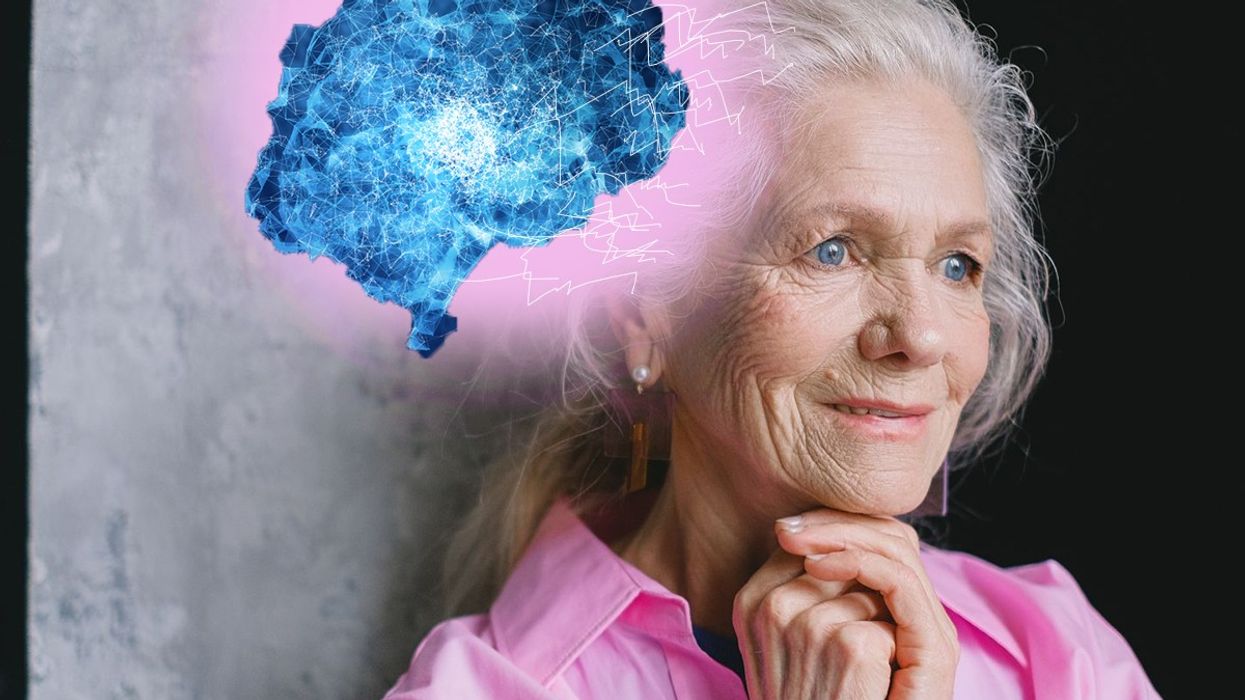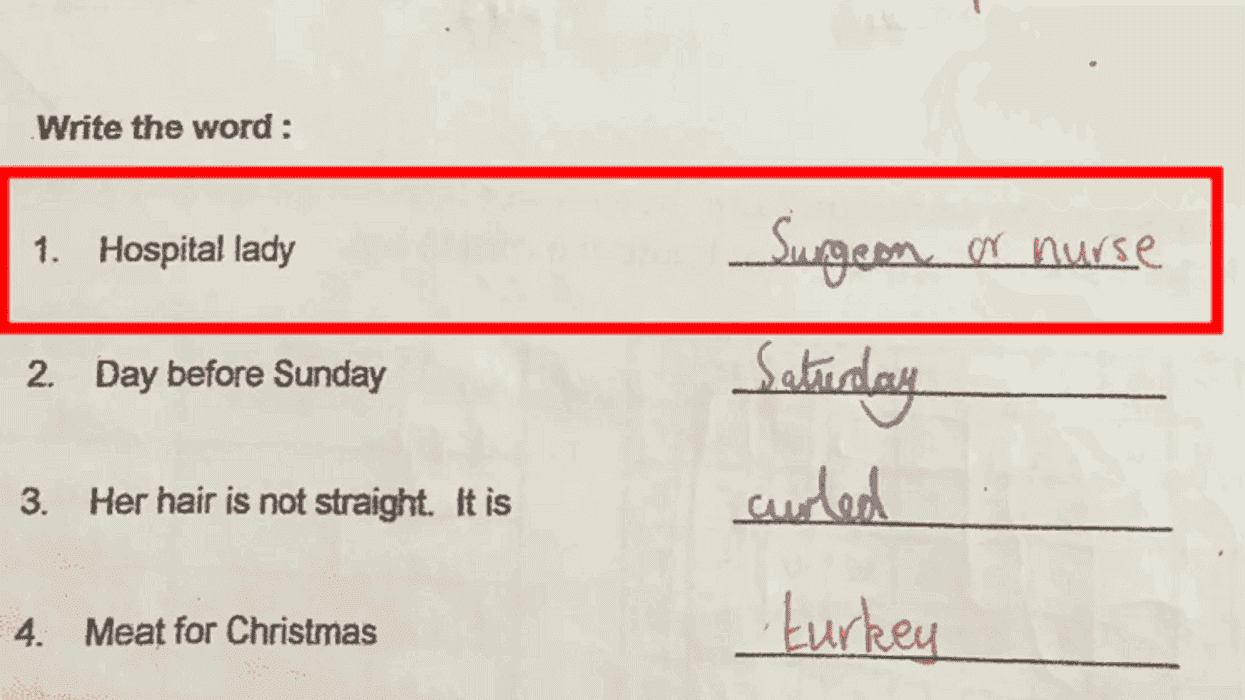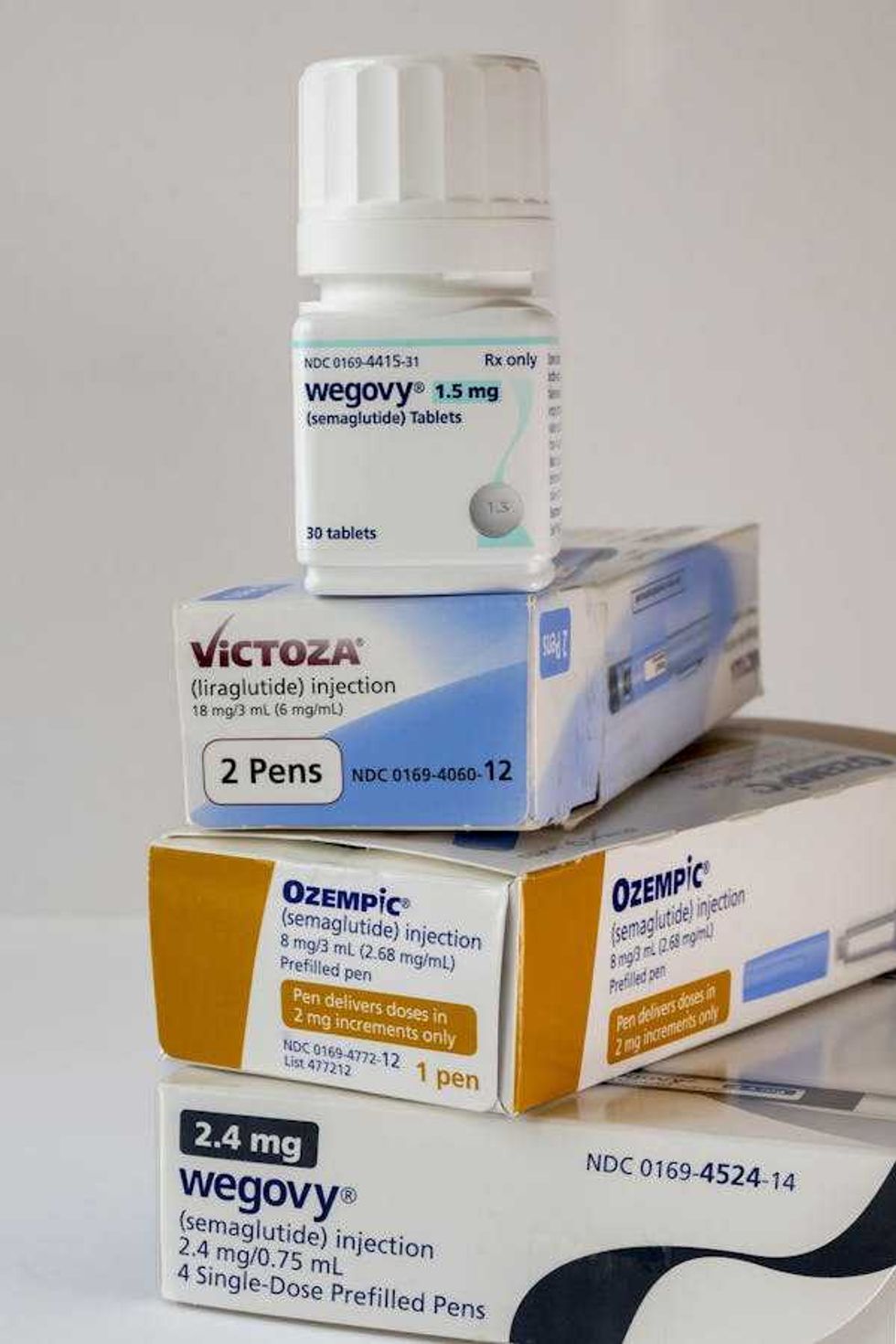As we grow older, age-related illness becomes a larger part of our daily lives either through our friends, family, or ourselves. The CDC reports that nearly seven million people in the United States were suffering from Alzheimer's in 2020. That number will likely double by 2060. This devastating, progressive brain disorder that slowly destroys thinking skills, general memory, and often leads to dementia is extremely challenging and painful for families to navigate, but there may be hope on the horizon.
A study at Rutgers University started to untangle the puzzle behind a protein that might revolutionize how we treat the brain.
There is a protein found in the brain called cypin. It is crucial to maintain the strong connections made between brain cells. These particular cells are responsible for learning and memory—two areas that are specifically targeted when Alzheimer's starts to affect a person stricken with the disease.

Rutgers study may reshape treatment for neurodegenerative disease
The study, reported in the daily news of Rutgers Today, found cypin was a key protein in helping brain cells maintain strong connections. They identified that the protein, "...promotes the presence of tags on specific proteins at synapses, namely the tiny gaps where the brain cells, known as neurons, communicate. The marking helps ensure that the right proteins are in the right place, allowing the synapses to work properly." This discovery carries major potential for brain disorder treatments.
Author of the study Bonnie Firestein, a professor in the Department of Cell Biology and Neuroscience at Rutgers, said, "Our research indicates that developing treatments or therapies that specifically focus on the protein cypin may help improve the connections between brain cells, enhancing memory and thinking abilities." Having studied cypin for over two decades, she has recently discovered new ways in which cypin functions in the brain. A major discovery is that the more cypin present, the more other important proteins increase in the synapses as well. Not only does cypin maintain healthy brain function, but it may also be used to reestablish damaged connections and improve injured brains.
How can you increase the amount of the protein cypin in your brain?

Unfortunately, things like eating more bananas or increasing spinach consumption will not increase your cypin levels. Although research into Alzheimer's started back in the '70s, it's a challenging disease affecting a very complicated organ that we're still barely scratching the surface of. There have been advancements in medications and treatments, according to reports on the Alzheimer's Association. Medicines like Donanemab, approved in 2024, aim to slow the progression of the disease. Approved in 2023, Lecanemab is an antibody that lowers beta-amyloid in the brain and helps with the functional decline of Alzheimer's patients. Also, PET scans, a proven tool in the diagnosis of the disease, have been made more accessible to patients since October of 2023.
Breakthroughs in technology and health

As our population grows older, more people face age-related illnesses and are in need of help. Studies like the one in Rutgers are leading the frontlines with new, innovative solutions to an expanding problem.
To learn more, watch this informative video from the CDC.
- YouTube youtu.be



















 Oral Wegovy pills were approved by the Food and Drug Administration in December 2025 and became available for purchase in the U.S. in January 2026.
Oral Wegovy pills were approved by the Food and Drug Administration in December 2025 and became available for purchase in the U.S. in January 2026. Despite the effectiveness of GLP-1 drugs for weight loss, there is still no replacement for healthy lifestyle patterns, including regular exercise.
Despite the effectiveness of GLP-1 drugs for weight loss, there is still no replacement for healthy lifestyle patterns, including regular exercise.


 What foods would you pick without diet culture telling you what to do?
What foods would you pick without diet culture telling you what to do?  Flexibility can help you adapt to – and enjoy – different food situations.
Flexibility can help you adapt to – and enjoy – different food situations.
 Anxious young woman in the rain.Photo credit
Anxious young woman in the rain.Photo credit  Woman takes notes.Photo credit
Woman takes notes.Photo credit 
 Revenge can feel easier than forgiveness, which often brings sadness or anxiety.
Revenge can feel easier than forgiveness, which often brings sadness or anxiety. 
 In the past two years, two malaria vaccines have become available for babies starting at 5 months of age.
In the past two years, two malaria vaccines have become available for babies starting at 5 months of age. By exploiting vulnerabilities in the malaria parasite’s defense system, researchers hope to develop a treatment that blocks the parasite from entering cells.
By exploiting vulnerabilities in the malaria parasite’s defense system, researchers hope to develop a treatment that blocks the parasite from entering cells. Created with
Created with